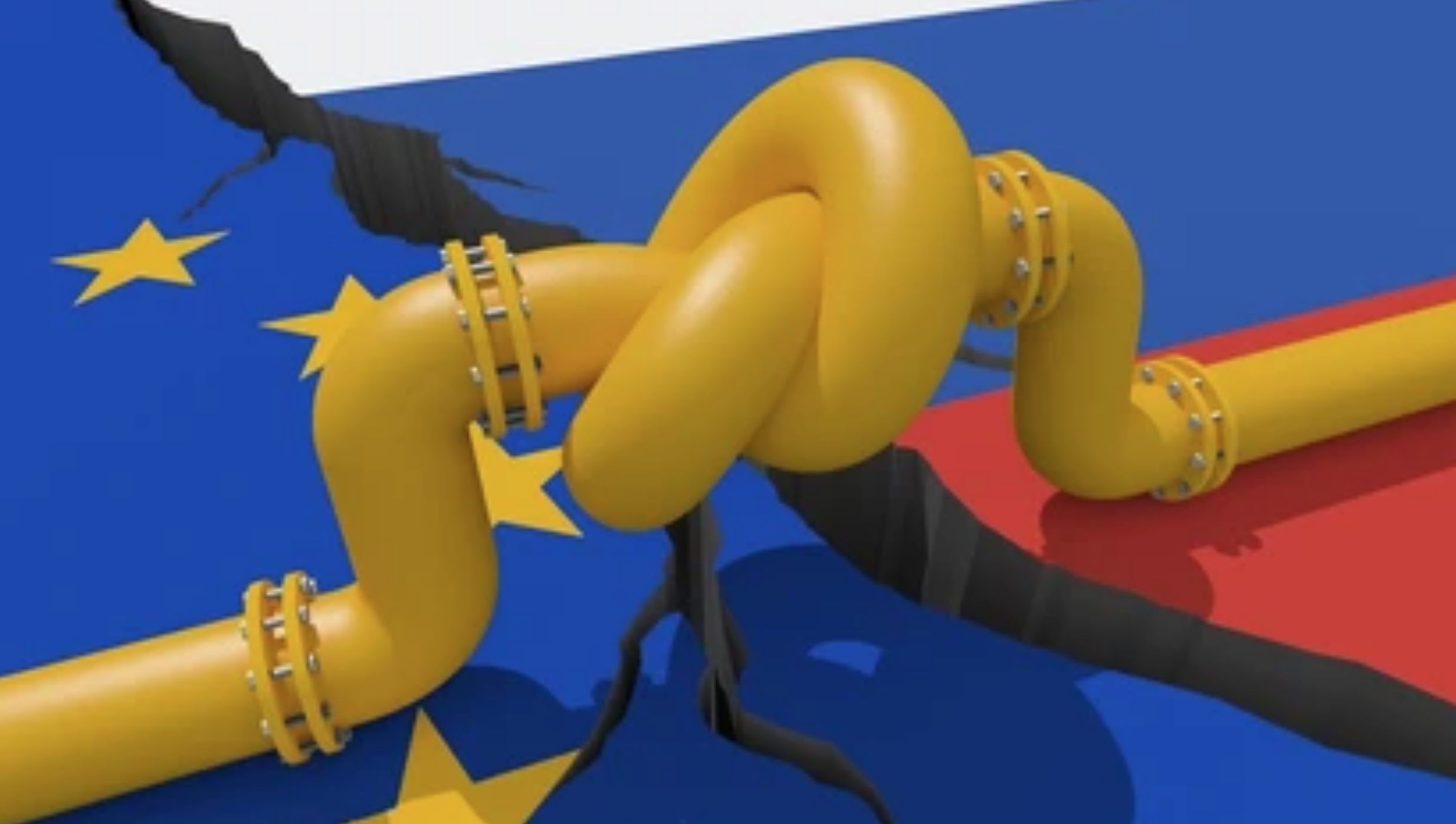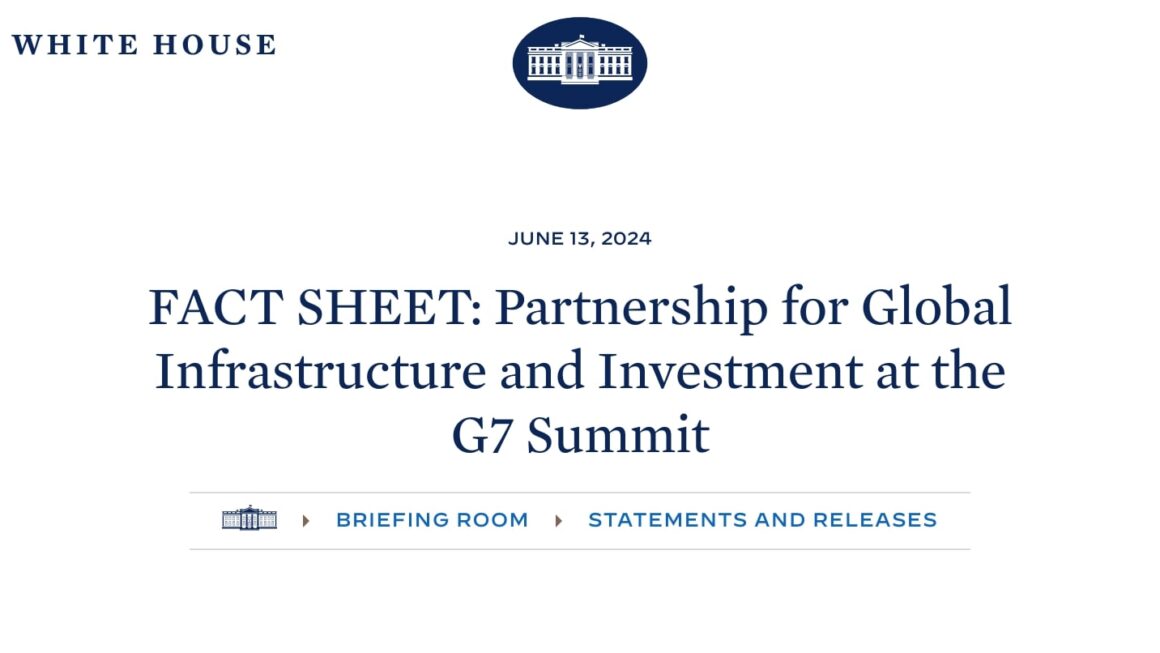Introduction
The global energy landscape is a complex web of interdependencies, with energy-rich nations often playing a pivotal role in shaping the supply and demand dynamics. One such nation, Russia, has recently made headlines with its decision to implement a diesel export ban. This move has raised concerns, particularly in Europe, where winter brings a heightened demand for heating and diesel-dependent transportation. In this article, we will explore the implications of Russia’s diesel export ban on Europe during the crucial winter season.
The Russian Diesel Export Ban
Russia, as one of the world’s largest producers of oil and gas, has long been a significant player in the global energy market. Its decision to impose a ban on diesel exports has sent ripples throughout the energy sector. The ban, which was enacted with the aim of securing sufficient domestic supply, prohibits the export of diesel fuel until further notice. While the primary motivation may be to address Russia’s own energy needs, the consequences extend beyond its borders.
Effects on European Energy Supply
- Supply Shortages: Europe heavily relies on imported Russian diesel to meet its energy needs, especially during the cold winter months. The sudden ban has the potential to create supply shortages, putting pressure on European nations to find alternative sources of diesel.
- Price Volatility: The disruption in supply could lead to diesel price spikes in the European market. Higher fuel prices can impact consumers, businesses, and industries, particularly those heavily reliant on diesel-powered machinery and transportation.
- Transportation Sector: The transportation sector is a lifeline for European economies, facilitating the movement of goods and people. A shortage of diesel could disrupt logistics, leading to delays and increased transportation costs.
Effects on Heating and Agriculture
- Heating and Home Energy: Many European households depend on diesel for heating during the winter. The ban may result in increased heating costs or even shortages, potentially putting vulnerable populations at risk in extreme weather conditions.
- Agriculture: The agricultural sector relies on diesel for machinery and transportation. Any scarcity or price increase in diesel can affect the cost of food production and distribution, potentially leading to higher food prices.
Search for Alternatives
In response to the Russian diesel export ban, European nations are actively exploring alternative energy sources and supply routes. These measures include:
- Increasing Domestic Production: Some countries are ramping up domestic diesel production to mitigate potential shortages. This can be achieved through increased refining capacity or alternative fuels.
- Diversifying Sources: Europe is looking to diversify its sources of diesel by seeking supplies from other regions, such as the Middle East, the United States, or Asia. Negotiations and agreements with other energy-producing nations have become crucial.
- Investing in Renewable Energy: As a long-term strategy, Europe continues to invest in renewable energy sources to reduce its dependence on fossil fuels like diesel.
Conclusion
The Russian diesel export ban has cast a spotlight on the vulnerability of European energy supplies during the winter season. While Russia’s decision to secure its domestic supply is understandable, the consequences for Europe cannot be ignored. European nations are actively engaged in finding solutions to mitigate the potential disruptions, from diversifying sources to increasing domestic production and investing in renewable energy. The outcome of these efforts will not only determine the continent’s resilience in the face of energy challenges but also its commitment to a sustainable and secure energy future. As winter approaches, all eyes will be on how Europe navigates these complex energy waters.














